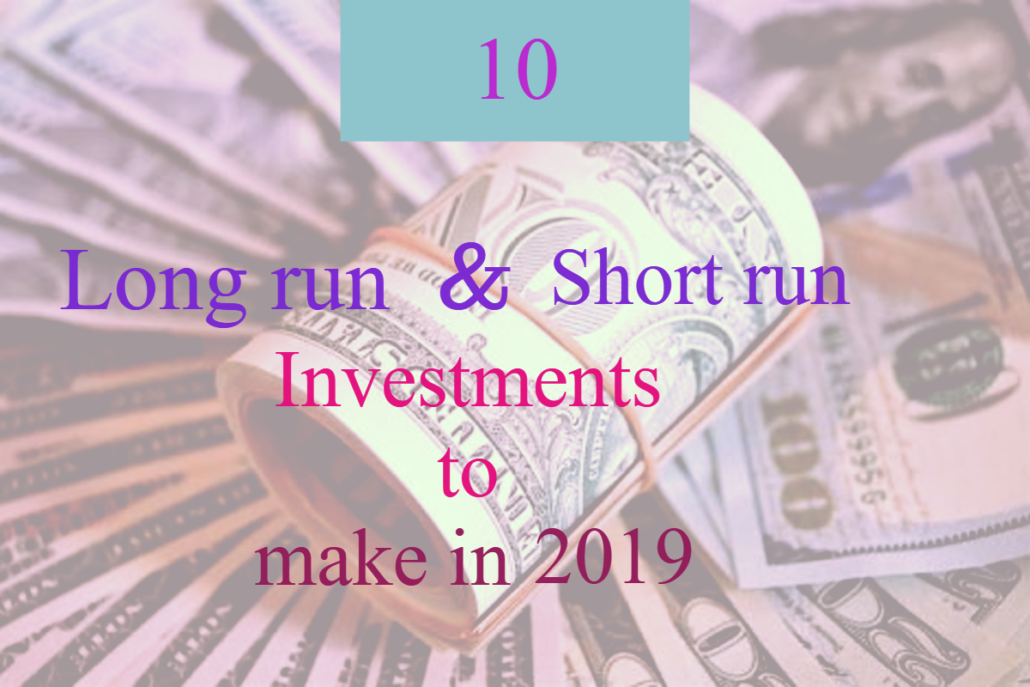This post may contain affiliate links.We may earn little commission or products from the companies mentioned in this post.
There are certain habits if you have them you can’t save money. Saving money doesn’t happen by luck you have to be intentional.
Why you must save money
Let’s look at a little emphasis on why you must save money. You know why but a reminder won’t hurt.
1. To be financially responsible
Saving money is the peak of financial responsibility. It shows how money-disciplined you are and that you are ready for financial stability.
2. Financial Security
Having savings provides a cushion in case of unexpected expenses, like medical emergencies, car repairs, or job loss. It helps reduce stress and keeps you financially stable during tough times.
3. Achieving Financial Goals
- Saving allows you to work towards personal goals such as buying a house, funding education, or starting a business. Without savings, these goals may remain out of reach.
4. Retirement Planning
- Building a savings habit early ensures that you can retire comfortably. Social security or pensions may not be sufficient to maintain your desired lifestyle, so personal savings and investments are essential.
5. Freedom and Flexibility
- Having savings gives you the freedom to make life choices without being constrained by financial worries. Whether it’s changing careers, taking a sabbatical, or traveling, savings allow for greater flexibility.
6. Avoiding Debt
- Savings can prevent the need to rely on credit cards or loans for large purchases or emergencies. By having cash reserves, you avoid the high interest rates associated with debt, keeping you financially healthier in the long term.
7. Coping with Unforeseen Circumstances
- Life is unpredictable, and saving helps you prepare for life’s uncertainties. Whether it’s an economic downturn, illness, or an unexpected life event, having savings helps you weather the storm.
8. Building Wealth
- Savings, when invested wisely, can grow over time, building wealth and ensuring financial independence. Compound interest allows your savings to increase significantly, even with modest contributions.
9. Education and Skill Development
- Whether for yourself or your children, having savings allows you to invest in education and skill development, which can lead to better career opportunities and higher earnings.
10. Emergency Funds
- Creating an emergency fund helps cover expenses for several months in case of unemployment or major financial disruption. It’s a crucial safety net that prevents financial hardship.
11. Achieving Peace of Mind
- Knowing you have money saved reduces financial anxiety and provides peace of mind, allowing you to focus on other aspects of life without constant financial stress.
12. Avoiding Lifestyle Creep
- Without savings, as your income grows, you may be tempted to increase spending in proportion. Prioritizing saving helps you resist lifestyle inflation and ensures long-term financial stability.
13. Preparedness for Major Life Events
- Whether it’s marriage, buying a home, or having children, these significant life events often require substantial funds. Having savings ensures you are prepared to cover these costs without borrowing excessively.
14. Leaving a Legacy
- Saving allows you to leave behind an inheritance or legacy for your family or favorite causes, helping to secure their financial future or contribute to societal change.
15. Opportunity to Take Calculated Risks
- When you have savings, you can take calculated risks, such as starting a business or investing in new ventures, without the fear of immediate financial ruin.
13 Habits you can’t save money with
The habits you are about to learn of will cripple you from saving money no matter how you try hard to save money. Don’t just know them but work towards stopping them.
1. Over-relying on Future Income
I used to plan and spend based on the speculation of what I might make or get soon. This translates to future debt in case you are wondering.
Banking on future bonuses, salary increases, or promotions to cover current expenses can result in overspending now while saving less.
2. Subscription Overload
Many people subscribe to services they don’t use regularly. Failing to cancel unused subscriptions can drain your finances without you realizing it.
3. Not Shopping Around
The question is, why are you not shopping around in the first place?
Failing to compare prices or looking for discounts means you might pay more than necessary for goods and services, reducing the amount you could have saved.
4. Emotional Spending
Shopping as a way to cope with stress, boredom, or other emotions can lead to unnecessary expenses and less money saved.
5. Using Credit Cards Carelessly
Relying on credit cards for everyday expenses without a repayment plan leads to debt accumulation, often with high-interest rates that make it harder to save.
6. Impulse Buying
Making unplanned purchases without considering their necessity often leads to overspending. Special sales or limited-time offers can tempt you into buying things you don’t need.
7. Living Beyond Your Means
Spending more than what you earn or adopting a lifestyle that exceeds your financial capability can quickly drain your savings.
8. Failing to Budget
Without a clear budget, it’s hard to track where your money is going, making it easy to overspend and leaving little for savings.
9. Neglecting Small Savings
Small amounts, like daily coffee purchases or subscriptions, might seem insignificant, but they add up over time. Ignoring these minor expenses can erode potential savings.
10. Not Having an Emergency Fund
Without an emergency fund, unexpected expenses (e.g., car repairs, and medical bills) can force you to use credit or dip into your savings, making it harder to build long-term wealth.
11. Procrastinating Savings
Delaying the decision to save often results in no savings at all. Waiting for a future time when you “have more money” can become a habit that prevents you from starting a savings plan.
12. Ignoring Financial Goals
Without clear goals (like saving for a house, retirement, or vacation), it’s easy to spend freely without thinking about the long-term impact on your savings.
13. Not Investing
Keeping all your savings in a low-interest savings account can prevent your money from growing. Failing to invest wisely might mean missing out on opportunities to build wealth.
Conclusion
Changing these habits can help improve your financial situation and make it easier to save money consistently.



